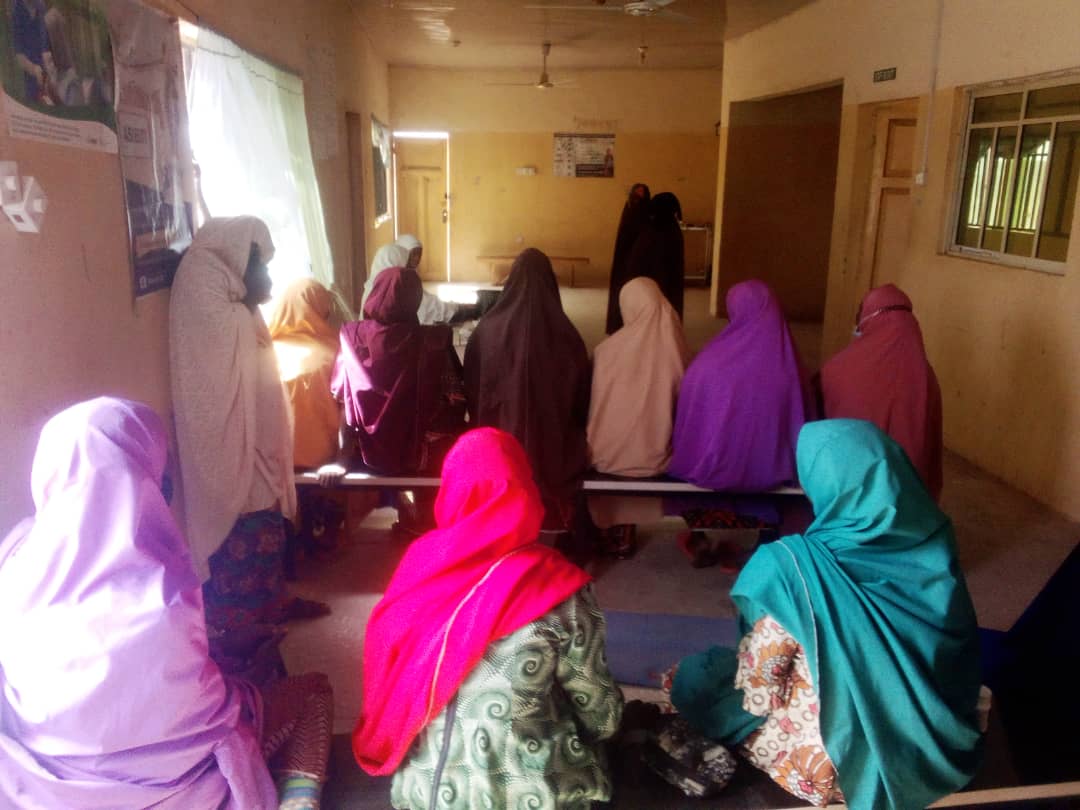From Mika’il Tsoho, Dutse
In what appears to be a significant shift, women from herder communities are taking the lead in accessing family planning services at Primary Health Care (PHC) centers across Jigawa State.
This trend was observed during a field visit to family planning units in selected PHCs across the state’s 27 local government areas, organized for journalists supported by The Challenge Initiative (TCI).
At the Kudai PHC in Dutse Local Government Area, it was reported that about 40% of the women accessing the family planning unit were Fulani or herder women from hard-to-reach communities.
Speaking to journalists, 22-year-old Halima, a herder woman, shared her experience. She encouraged other women to embrace contraceptives for better health outcomes for themselves and their children.
“With my husband’s permission, I came here from a remote community to have my contraceptive implant removed after two years,” Halima explained.
Similarly, 33-year-old Sumayya, another herder woman from Bakuwa village, said she began using contraceptives ten years ago after the birth of her first child.
Hajiya Zahra Laminu, who oversees the family planning unit at Kudai PHC, attributed this development to targeted awareness campaigns in outreach communities.
According to her, the unit has recorded remarkable progress this year in contraceptive use. From January to November 2024, the number of women using family planning services more than tripled.
“In January 2024, 66 women were using family planning services at Kudai PHC. By November, this number increased to 194. New acceptances rose from 36 to 124. Use of Long-Acting Reversible Contraceptives (LARC) grew from 3 to 124, while Postpartum Family Planning (PPFP) users went from zero to 59 by December 2024,” she revealed.
Despite these gains, Hajiya Laminu highlighted challenges such as shortages of family planning commodities and inadequate awareness creation as key obstacles to further progress in the state.


